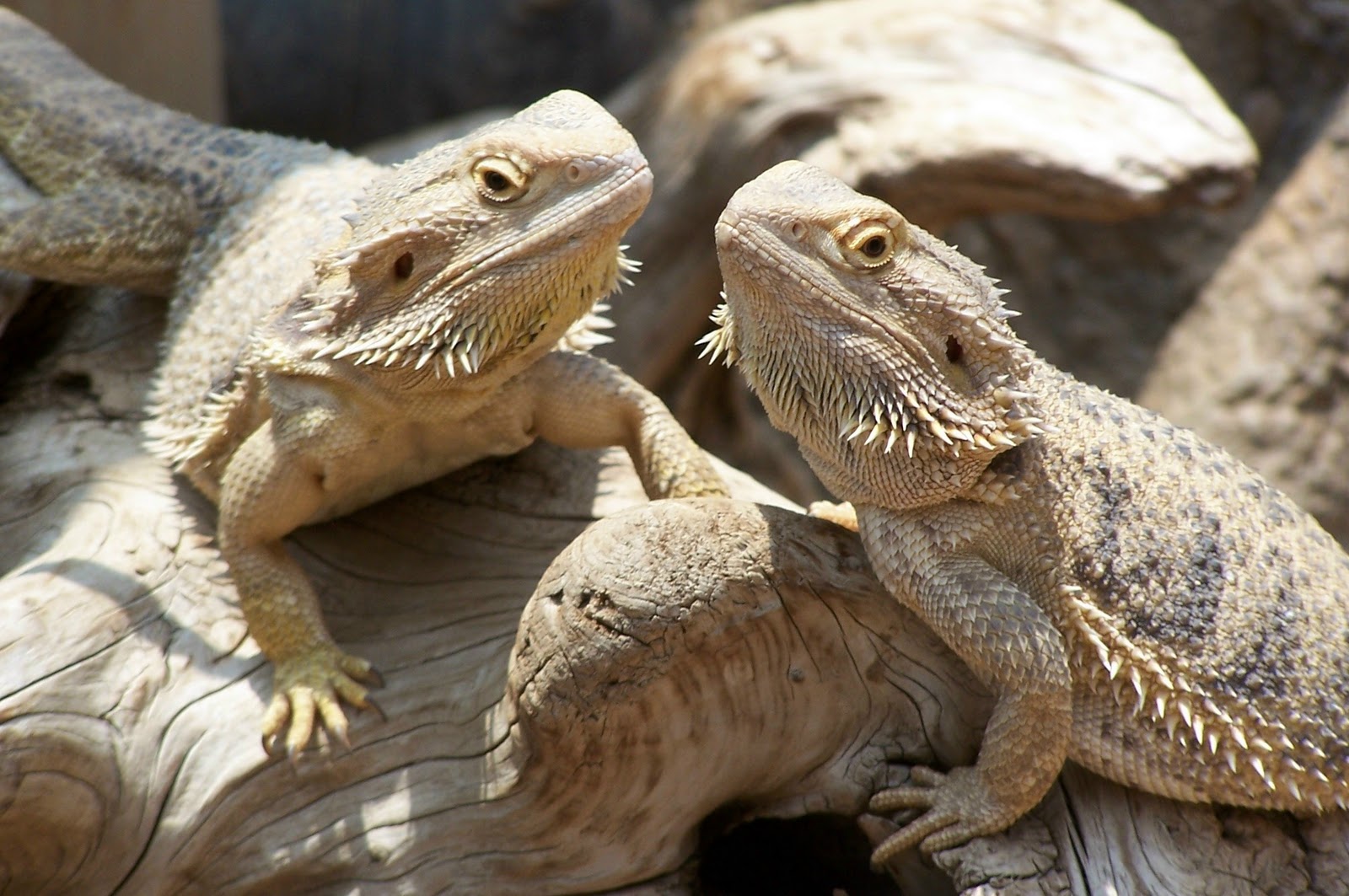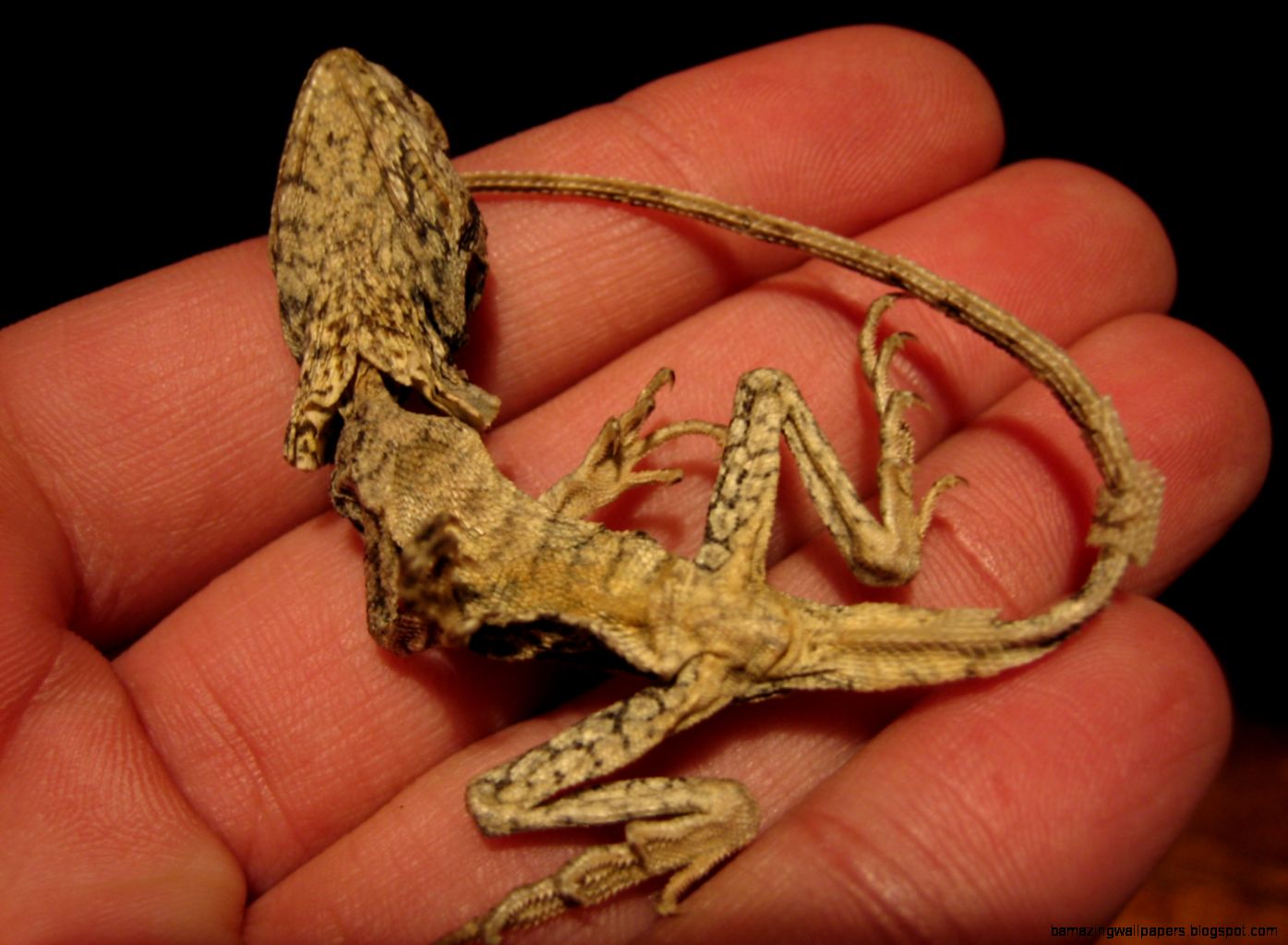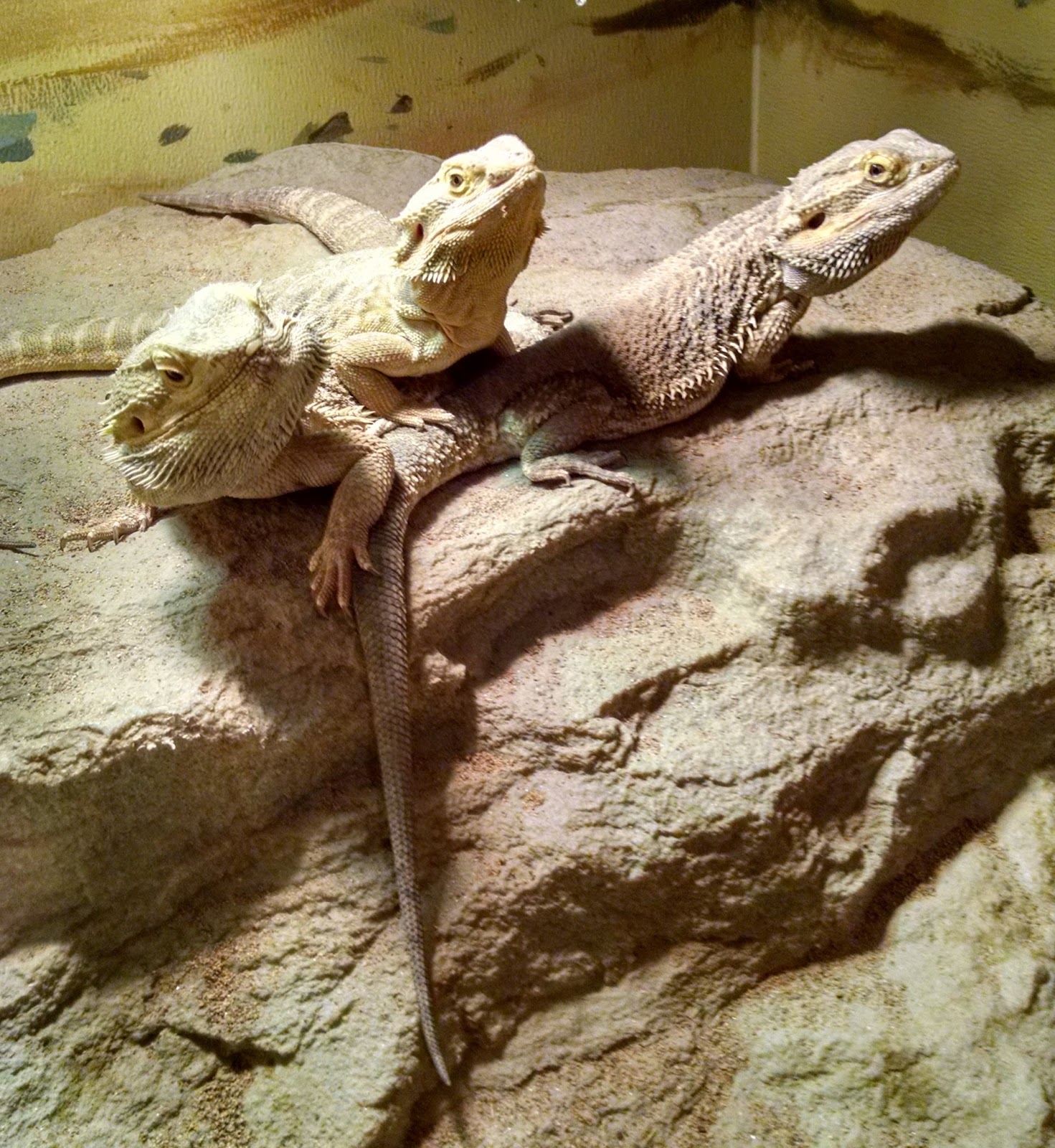Unlocking the Mystery Behind a Bearded Dragon Diet - What You Need to Know
Introduction
Have you recently welcomed a bearded dragon into your home? Then you need to be well-equipped to take care of the nutritional needs of your little friend. Bearded dragons are popular pets, and it is essential to know what they need to stay healthy and active. Simply put, a proper diet is crucial for the well-being of a bearded dragon, just like it is for humans. In this blog post, we will delve into the various aspects of a bearded dragon diet to help you become a responsible and caring pet owner.
What Do Bearded Dragons Eat in the Wild?
Bearded dragons are omnivores, which means they eat both plants and meat. 80% of their diet consists of vegetables, and the remaining 20% is made up of insects, small animals like mice, and occasional fruit. In the wild, they feed on a variety of vegetation, including flowers, leaves, and shoots. The insects and small animals provide them with the much-needed protein and fat, which is essential for their growth and survival.
Setting up a Bearded Dragon Diet Plan
As mentioned earlier, a balanced and nutritious diet is essential for a bearded dragon, and it is your responsibility as the pet owner to create a meal plan that provides them with everything they need to stay healthy. Here’s a breakdown of what you need to include in their diet:
1. Vegetables
Vegetables play a significant role in a bearded dragon’s diet plan, and you need to make sure you offer them a mix of different types. Here are some of the most popular veggies that bearded dragons love to eat:
- Collard greens
- Turnip greens
- Mustard greens
- Kale
- Spinach
- Bell peppers
- Carrots
- Squash
- Sweet potato
- Cucumber
- Celery
- Broccoli
- Green beans
- Peas
- Zucchini
2. Protein
Protein is vital for the growth and development of a bearded dragon. Some of the best sources of protein for bearded dragons are:
- Crickets
- Mealworms
- Dubia roaches
- Superworms
- Waxworms
- Hornworms
- Pinkie mice
3. Fruits
Fruits should be given to bearded dragons in moderation, as they are high in sugar. They are an excellent source of vitamins and minerals, though. Here are some fruits that bearded dragons love:
- Apples
- Bananas
- Pears
- Berries
- Mangoes
- Papayas
What Foods Should Be Avoided?
While it is essential to know what foods to include in a bearded dragon diet plan, it is equally crucial to avoid certain foods. The foods listed below can be dangerous and cause health problems for your pet:
- Avocado
- Rhubarb
- Junk food
- Iceberg lettuce
- Spinach
- Fireflies
- Ladybugs
How Often Should You Feed Your Bearded Dragon?
Bearded dragons need to be fed once or twice a day, depending on their age and size. Here’s a breakdown of how often you should feed them:
- Babies (0-4 months): 2-3 times/day
- Juveniles (4-12 months): once/day
- Adults (12+ months): once every other day
Conclusion
That’s everything you need to know about a bearded dragon diet plan. A balanced diet, consisting of vegetables, protein, and some fruits, will keep your pet healthy and happy. Avoiding certain foods and feeding them the right amount of food is essential for their well-being. As always, consult with a veterinarian, especially if you’re unsure about anything. With the right diet and care, you can ensure that your bearded dragon leads a long and healthy life.






